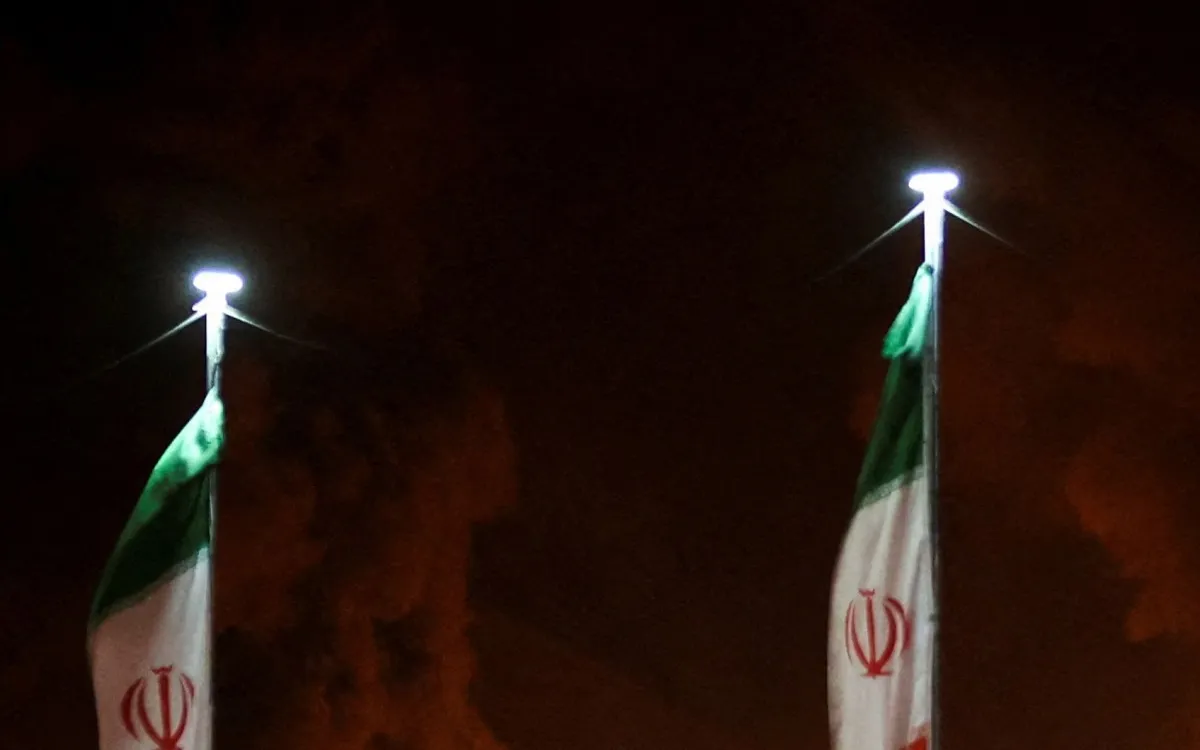
The recent escalation of tensions between Israel and Iran has sent oil prices soaring, raising concerns that the crisis could expand into a larger conflict that might involve the United States. On Tuesday, the two primary oil benchmarks, Brent North Sea Crude and West Texas Intermediate, experienced significant spikes of 4.4 percent and 4.3 percent, respectively. Following this surge, the benchmarks settled at $76.45 per barrel and $74.84 per barrel.
As early trading commenced on Wednesday, oil prices continued to climb, with both benchmarks showing an increase of approximately 0.5 percent by 03:30 GMT. This rise in oil prices comes amid a backdrop of declining US stocks, as heightened geopolitical tensions influenced the market. The benchmark S&P 500 fell by 0.84 percent, while the tech-heavy Nasdaq Composite dropped by 0.91 percent.
Since Friday, Israel has targeted several key oil and gas facilities in Iran, including critical sites such as the South Pars gasfield and the Shahr Rey oil refinery. Although global energy flows remain largely unaffected for the moment, the potential for further escalation—including direct US involvement in Israel’s military actions—has left markets anxious.
On Tuesday, US President Donald Trump escalated his rhetoric against Iran, intensifying fears that his administration might authorize a military strike on Iran’s uranium enrichment facility at Fordow. In a post on Truth Social, Trump issued a thinly veiled threat to Iranian Supreme Leader Ayatollah Ali Khamenei, claiming that the US was aware of his location but would refrain from taking lethal action “at least for now.”
Iran holds significant global energy resources, boasting the world’s third-largest reserves of crude oil and the second-largest reserves of natural gas. However, the impact of US-led sanctions has severely limited its capabilities as an energy exporter. In 2023, Iran's oil production reached approximately 3.99 million barrels per day, accounting for about 4 percent of global supply, according to the US Energy Information Administration.
Strategically located on the Strait of Hormuz, Iran plays a crucial role in the global oil market, with this vital passageway facilitating 20 to 30 percent of the world's oil shipments. Most of Iran's oil exports are dispatched via the Kharg Island export terminal, which has, as of now, avoided Israeli bombardment.
In light of the ongoing military actions, analysts suggest that Israel may consider targeting Iran's oil exports as part of its strategy to destabilize the Iranian regime. Clayton Seigle, a senior fellow at the Center for Strategic and International Studies in Washington, DC, indicated in a recent analysis that Israeli strategists are likely cognizant of the vulnerabilities within Iran’s oil export capacity. Seigle noted, “Working to finish off a hostile regime is worth the risk of alienating allies concerned with potential price escalation.”
As the situation evolves, market participants and analysts will continue to monitor the geopolitical landscape closely, particularly regarding any developments that could further impact oil prices and global energy stability.